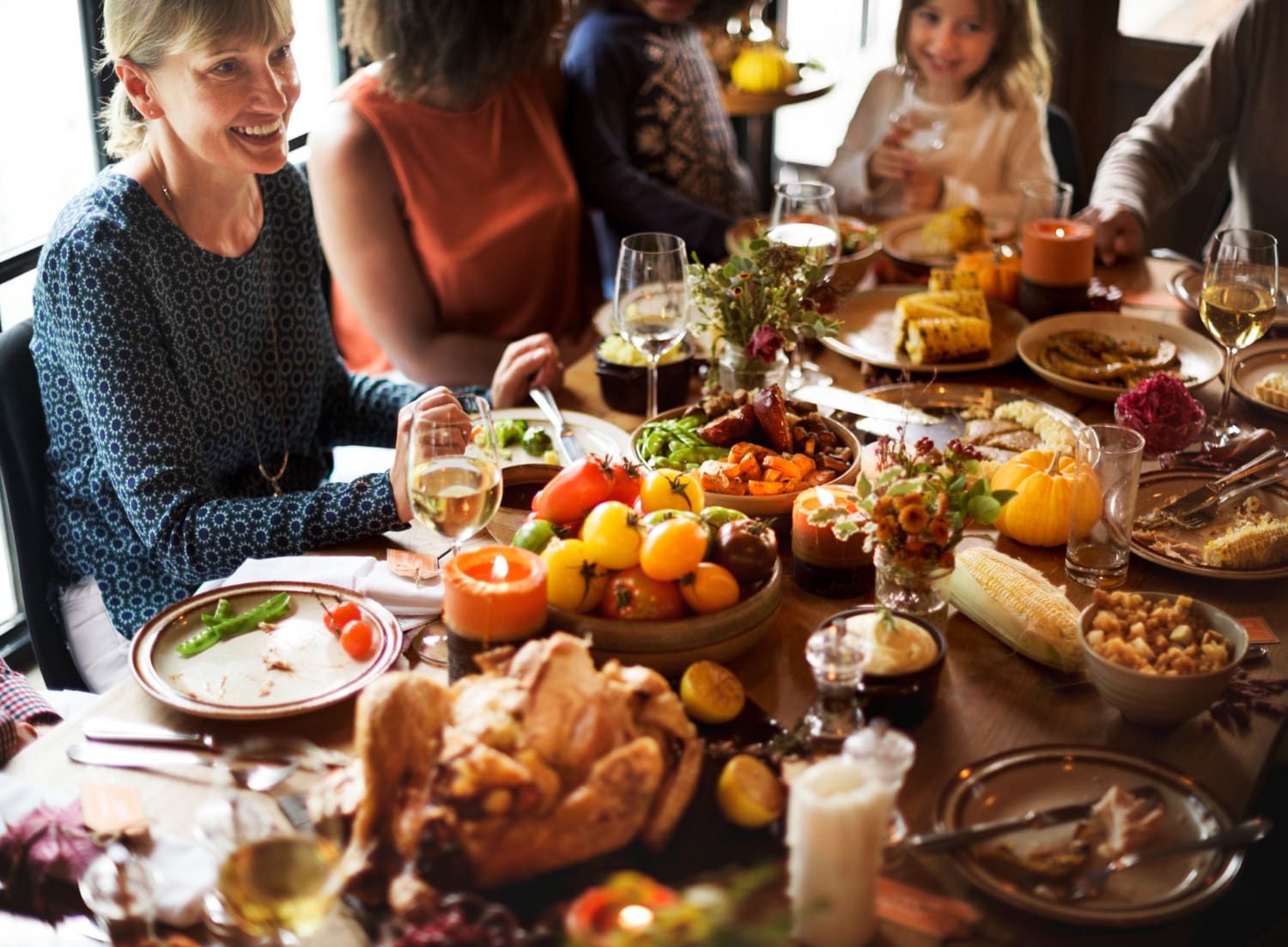
Celebrating Christian holidays brings joy and a deeper connection to our faith. These special days offer us a chance to reflect on God’s love and the incredible blessings we receive through Jesus Christ. Whether it’s Christmas, Easter, or another significant holiday, these times are filled with traditions and meaningful activities.
Understanding the importance of Christian holidays helps us to appreciate their true meaning. Each holiday carries its own unique spiritual significance, reminding us of God’s grace and the life of Jesus. Celebrating these occasions with joy and reverence enhances our faith and family bonds.
This article will guide you on how to joyfully celebrate Christian holidays. From traditional customs to creative ideas, you’ll find ways to make every holiday special. We’ll also explore how to incorporate faith into family traditions and the importance of community involvement. By embracing these celebrations, you can strengthen your spiritual journey and spread joy to others.
Understanding the Significance of Christian Holidays
Why We Celebrate Christian Holidays
Christian holidays remind us of key events in the life of Jesus and the history of our faith. These special days offer moments to pause and reflect on God’s love for us. Christmas, for example, celebrates the birth of Jesus, showcasing God’s gift to humanity. Easter marks the resurrection of Jesus, reaffirming our hope and salvation.
These holidays also help us connect with our faith on a deeper level. They provide opportunities to gather with family and community to worship, pray, and give thanks. Celebrating these events reinforces our beliefs and helps us grow spiritually. It’s a way to remember the teachings of Jesus and the sacrifices made for our redemption.
When we understand the reasons behind our celebrations, we can appreciate them more. Each holiday has a unique story that adds richness to our Christian journey. Recognizing these stories helps us keep the true meaning of the holidays in our hearts, making the celebrations more joyful and meaningful.
The Spiritual Meaning Behind Major Holidays
Each Christian holiday has its own spiritual significance, deeply rooted in the Bible. Christmas celebrates the humble birth of Jesus in Bethlehem. This event is a reminder of God’s love and the fulfillment of prophecies. It highlights themes of joy, hope, and generosity, reminding us to spread love and kindness.
Easter is perhaps the most significant Christian holiday. It commemorates the resurrection of Jesus after His crucifixion. This powerful event represents victory over sin and death and offers believers the promise of eternal life. Reflecting on Easter helps strengthen our faith and reminds us of the hope we have in Christ.
Other important holidays include Good Friday, which honors the crucifixion of Jesus, and Pentecost, which remembers the Holy Spirit’s descent on Jesus’ disciples. Each of these holidays carries lessons that deepen our understanding of God’s plan and our place in His story.
Engaging in Traditional and Creative Celebrations
Traditional Customs and Practices
Traditional customs and practices are wonderful ways to celebrate Christian holidays. For Christmas, many families decorate their homes with nativity scenes, Christmas trees, and lights. Attending a Christmas Eve service is a cherished tradition, providing a moment to focus on the birth of Jesus with carols and prayers.
Easter traditions often include attending a sunrise service to celebrate the resurrection. Many families participate in Easter egg hunts and share a special meal together. The act of breaking bread with loved ones reflects the joy and unity of the occasion.
Other holidays have their own traditions. For instance, during Lent, Christians often give up certain luxuries as a form of penance in preparation for Easter. These practices help us focus on the spiritual significance of the holidays and bring us closer to God.
Creative Ways to Celebrate
While traditional practices are important, adding creative elements can make holiday celebrations even more special. For Christmas, consider hosting a gift exchange where everyone gives a thoughtful, homemade gift. This can focus the celebration on love and thoughtfulness rather than materialism.
On Easter, you might organize a neighborhood egg hunt with a twist: hide eggs with messages of hope and Bible verses inside. This can be a fun way to share the Easter story with others. Another idea is to create a gratitude tree, where each family member adds a leaf with something they are thankful for.
For other holidays, like Pentecost, you could host a prayer circle where friends and family come together to pray and share testimonies. These creative approaches to celebrating can make the holidays more engaging and meaningful, helping to keep the focus on their spiritual significance.
Incorporating Faith in Family Celebrations
Family Devotionals and Activities
Incorporating faith into family celebrations makes these occasions more meaningful and strengthens your bond with each other and with God. Start with family devotionals that focus on the significance of the holiday. For example, during Christmas, read passages from the Bible about the birth of Jesus. Discuss these stories and their meanings, helping everyone understand their importance.
Engaging in activities that reflect the holiday’s spiritual aspect can further enhance your celebrations. Create a thankful jar where each family member writes down what they are grateful for during Thanksgiving. On Good Friday, consider having a time of silent reflection or prayer, remembering Jesus’ crucifixion and its significance. These activities guide your family to a deeper spiritual connection and make the holidays special.
Involving Children in Holiday Traditions
Involving children in holiday traditions helps them understand and appreciate their faith from a young age. Use interactive methods to teach them about the significance of each holiday. For Christmas, you can set up a nativity scene and have the children place the figures while explaining the story. Create an Advent calendar with daily Bible verses or acts of kindness leading up to Christmas Day.
For Easter, organize a resurrection egg hunt where each egg contains a symbol of the Easter story. Explain each symbol to the children and how it relates to Jesus’ resurrection. Engaging children in these traditions makes the holidays fun and educational, fostering a lifelong love for their faith.
Community and Outreach During Holidays
Church and Community Events
Community involvement during holidays brings people together and reinforces the sense of belonging. Many churches, like Trademark Church, host events that unite the congregation in celebration and worship. Participate in Christmas caroling, Easter sunrise services, or Thanksgiving potlucks. These events provide opportunities to strengthen faith and build relationships within the community.
Consider also attending public holiday events like parades, community dinners, or charity drives. These activities create a festive atmosphere and offer a chance to share the joy of Christian holidays with a broader audience. Through these gatherings, you can experience the collective spirit of the holiday and spread its joy to others.
Serving Others and Sharing Joy
One of the most rewarding ways to celebrate holidays is by serving others. Acts of kindness and service embody the true spirit of Christian holidays. Organize or join efforts to help those in need within your community. Volunteer at a local food bank, participate in a toy drive for underprivileged children, or visit nursing homes to share time and joy with the residents.
Encourage your family to participate in these activities as a way to give back. Serving others helps instill values of compassion and generosity. These acts of kindness turn holiday celebrations into opportunities to make a positive impact, reflecting the love and teachings of Jesus.
Conclusion
Celebrating Christian holidays with joy involves understanding their significance, engaging in meaningful traditions, and incorporating faith into your family’s activities. These holidays offer moments of reflection, gratitude, and service, helping us draw closer to God and each other. By embracing both traditional and creative celebrations, you can make these occasions special and spiritually enriching.
Don’t forget the importance of community and outreach during these times. Participating in church events and serving others spreads the joy and love that characterize Christian holidays. These acts of fellowship and kindness not only enhance your celebration but also strengthen your faith and community bonds.
Join us at Trademark Church in Fort Worth to celebrate these meaningful holidays and grow in your faith. Together, we can experience the joy and spiritual fulfillment that come from understanding and observing these significant occasions. Visit our website for more information on upcoming events and ways to get involved.


